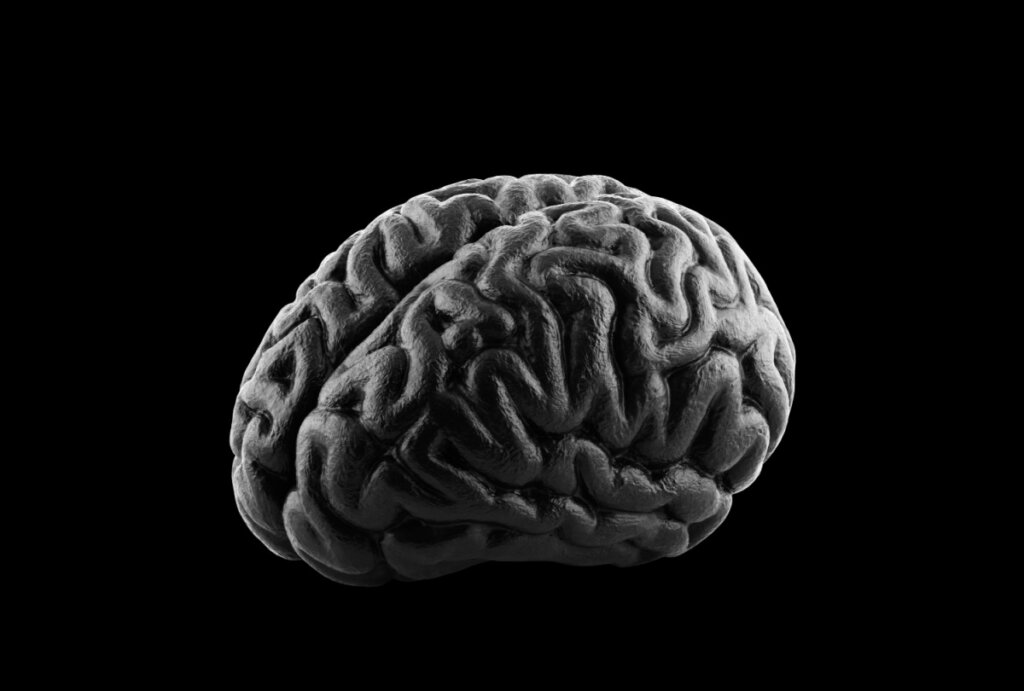Some Curious Facts About Death


Reviewed and approved by the psychologist Sergio De Dios González
Death is one of the most enigmatic phenomena in existence, especially from a philosophical point of view. It represents ‘not being’ and ‘nothing’, two concepts that are extremely difficult for human beings to assimilate. For this reason, it’s really common for us to deny death and assume that there’s life afterward.
One curious fact about death is that there are actually three types. The first is brain death. This occurs when the brain stops working, but other organs continue to function. The second is clinical death. This is determined when the heart stops beating. The third is biological death. It occurs when the previous two are completed.
For science, all physical and mental activity of an individual ceases when biological death occurs. However, many religions and other belief systems believe that death, as such, doesn’t exist. They think it’s a moment of transition toward other forms of existence or life.
“Death is something we should not fear because, while we are, death isn’t, and when death is, we aren’t.”
-Antonio Machado-

Some curious facts about death
Although it may be surprising, establishing whether a person is dead or not isn’t that easy. In fact, a couple of centuries ago there was a place called the Hospital for the Dead. There, the corpses were deposited for some time, in case they came back to life. This was more common than you might think. In fact, they were only considered to be completely dead when they began to decompose.
These cases of ‘resurrection’ aren’t only a thing of the past, far from it, in fact. Indeed, there have been several recent cases of people who were apparently dead, but then suddenly ‘woke up’. One of the most famous was Peng Xiuhua, a centenarian woman from China.
Her family noticed that she suddenly went completely rigid. As the woman was ill and, due to her age, it was expected that she could die at any moment, her relatives left her for dead. However, when she was in her coffin, she ‘woke up’ and was surprised to see a large number of people in her house. This isn’t the only case of its type but is one of the best-known. In reality, she was never dead. As far as we know, of course.
What happens to the body at the point of death?
Another aspect that arouses curiosity is what happens to the body when someone dies. In addition to the inactivation of biological functions, three hours after they die, their body enters a process of increased rigidity. This disappears within 36 hours.
Also, at the point of death, a process begins called autolysis. It consists of the self-destruction of the cells of the body. As it progresses, the body begins to release a series of gases. This leads to swelling of the body. The swelling peaks about four days afterward.
After death, the organism literally devours itself. The body is full of microorganisms that are, in general, favorable while we’re alive. However, once we die, these microorganisms begin to eat away at our bodies from the inside. This is how decomposition occurs.

More curious facts
It’s estimated that around two people die every second. This gives a figure of about 55 million individuals who die each year, worldwide. Moreover, the world population is so high and there’s so little available land that many cities don’t even have a cemetery. In effect, there’s no soil available to bury the dead. For this reason, increasingly more people are opting for cremation.
In short, we all die from the same cause: a lack of oxygen. That’s the ultimate reason in all cases. That said, if we stick to the statistics, the main causes are heart problems, followed by strokes, chronic obstructive pulmonary disease, respiratory infections, and cancer.
Finally, it’s so difficult for human beings to accept the end of life that many scientific projects are already underway to try and defeat death. One such company is Calico, also called the immortality project. For now, its goal is to extend individuals’ life expectancy between five and ten years. But, in the long term, they want to completely put a stop to death altogether. What a strange idea.
All cited sources were thoroughly reviewed by our team to ensure their quality, reliability, currency, and validity. The bibliography of this article was considered reliable and of academic or scientific accuracy.
- Aledo, J. C. (2010). Algunas curiosidades sobre la vida y la muerte. Encuentros en la Biología, 3(131), 65-66.
- Cockerton, P. (2013, 31 enero). Back from the dead: Woman, 101, sits up and speaks in her coffin. mirror. https://www.mirror.co.uk/news/weird-news/dead-woman-sits-up-and-speaks-1567510.
- Pollack, C. C. M. A. A. (2013, 20 septiembre). Tech Titans Form Biotechnology Company. Bits Blog. https://archive.nytimes.com/bits.blogs.nytimes.com/2013/09/18/google-and-former-genentech-chief-announce-new-biotech-company/.
This text is provided for informational purposes only and does not replace consultation with a professional. If in doubt, consult your specialist.








